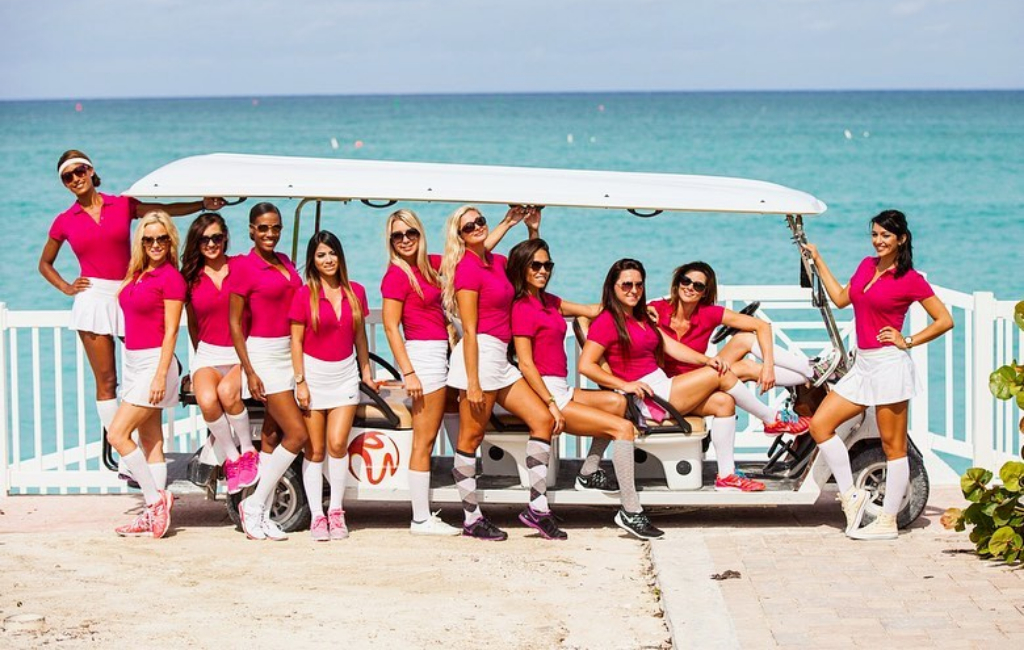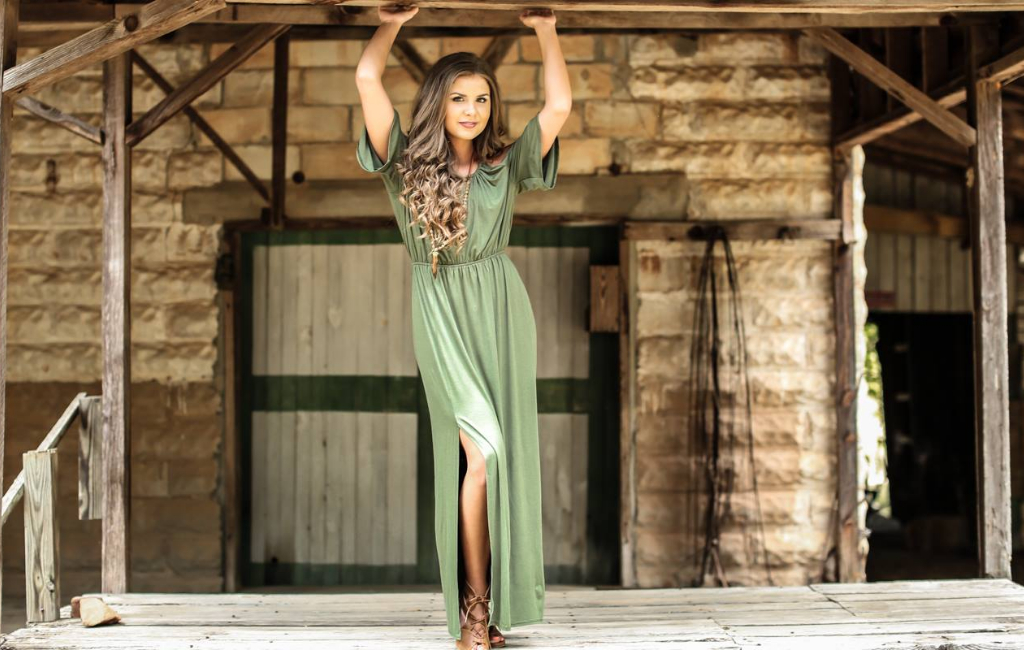Jungle Jumparoo – Bounce Toy for Kids

NO DEAL
EPISODE SUMMARY
🕓 Air Date: October 17, 2014
Asking For:
$100,000 for 20%
Investor:
No Deal
Deal:
No Deal
PRODUCT SUMMARY
The Jungle Jumparoo is a unique jump/swing/climb toy, offering a safer way for kids to bounce with sturdy poles for a sense of flying without losing control.
WATCH HERE
IN A RUSH?
Click these to jump to the section you want to read.
Background Story
Rachel and Steve McMurtrey, the proud owners of Jungle Jumparoo, bring a unique blend of nostalgia and innovation to the world of children’s toys. The couple embarked on their entrepreneurial journey driven by a family connection to the product. The story traces back 30 years when a farmer crafted an early version of the Jungle Jumparoo for his grandchildren. The McMurtrey family, having experienced the joy of this inventive toy during their childhood, sought to revive it after learning that the original creator had passed away. Recognizing the potential and uniqueness of the product, Rachel and Steve decided to take on the responsibility of manufacturing it themselves.
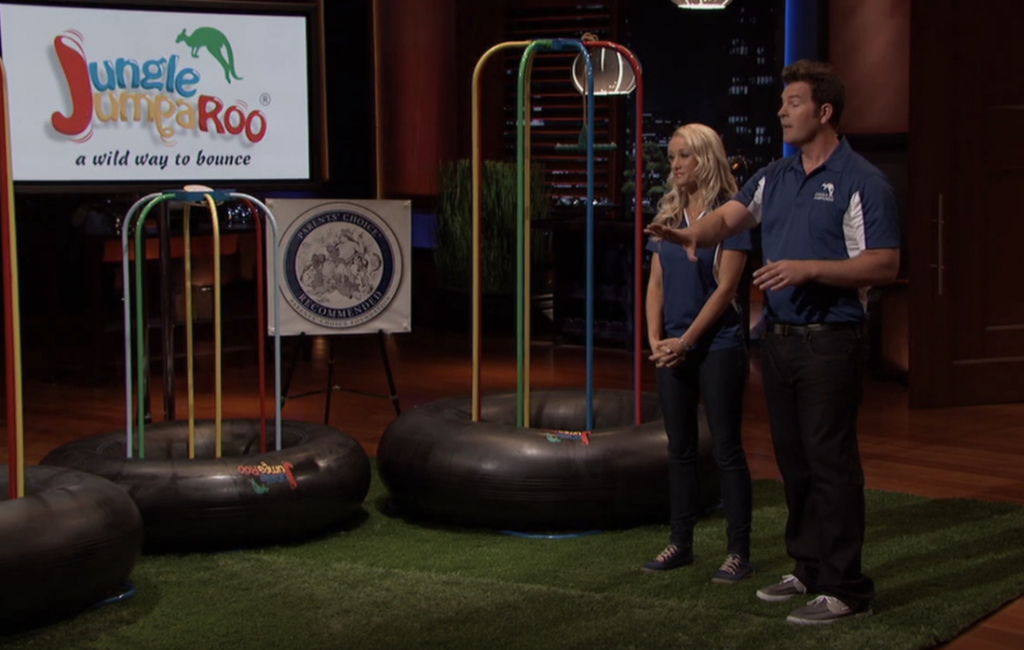
Having acquired the full rights to the design, the couple invested $144,000 of their personal funds into bringing the Jungle Jumparoo to life. Their dedication is evident as they turned this childhood gem into a full-time commitment, with the product becoming the center of their lives. Their journey reflects not just a business venture but a personal mission to share the joy and safety of the Jungle Jumparoo with a new generation of children.
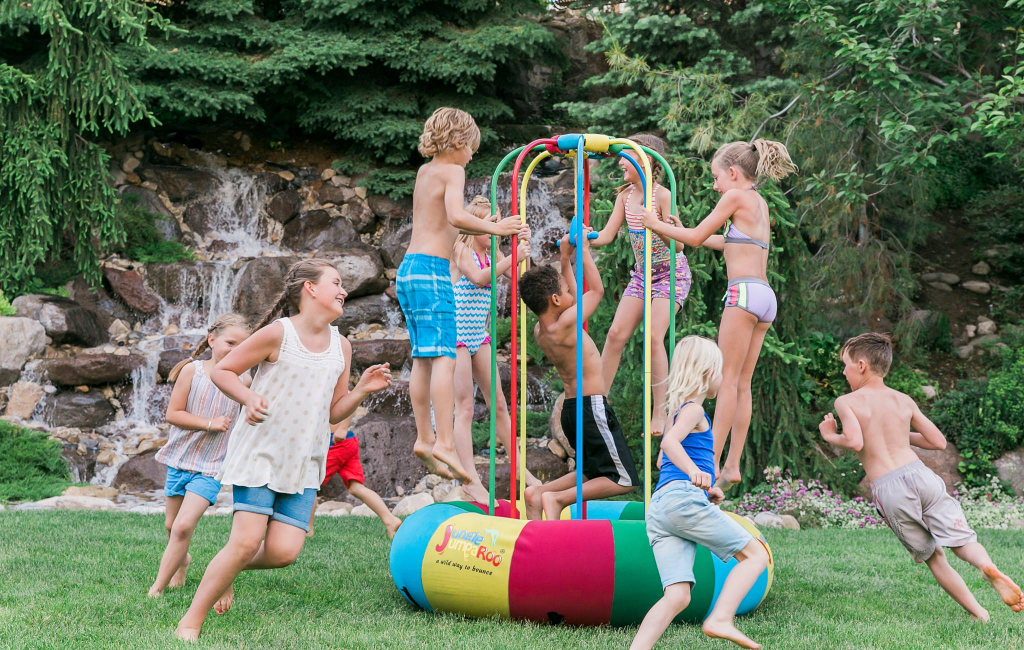
Despite facing the challenge of the original creator’s passing, Rachel and Steve have successfully navigated the transition from enthusiasts to entrepreneurs. Their background experience, coupled with a genuine passion for their product, underscores their commitment to creating a safer and more enjoyable bouncing experience for kids. The Jungle Jumparoo, rooted in family history and entrepreneurial spirit, is poised to leave a lasting mark in the realm of children’s play.
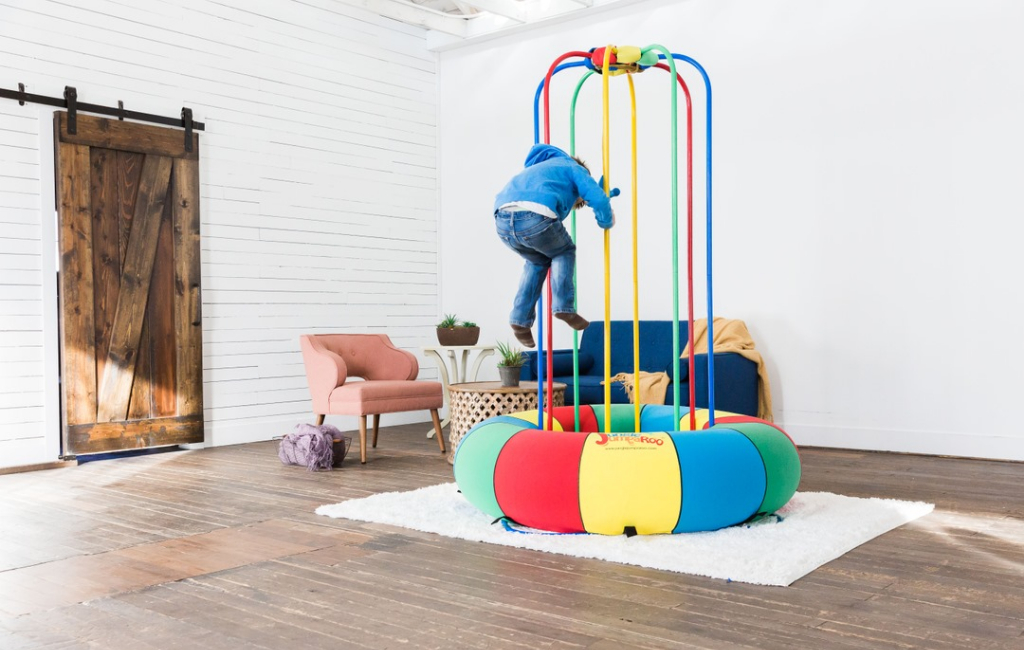
The Product
The Jungle Jumparoo is a revolutionary jump/swing/climb toy that offers children a safer and more controlled bouncing experience compared to traditional trampolines. The design features strong and sturdy poles that provide a sense of flying in the air without sacrificing stability. Available in two sizes, the Jungle Jumparoo caters to children of various ages, ensuring a versatile and engaging playtime experience throughout the year.
The toy’s versatile nature makes it suitable for both indoor and outdoor use, making it a perfect playmate for all 365 days of the year. With the large model retailing at $399 and the smaller one at $249, the Jungle Jumparoo is priced competitively, considering the unique features it brings to the market. The product can be purchased directly from the company’s website, allowing for convenient online transactions.
Parents and caregivers appreciate the Jungle Jumparoo for its ability to keep children active and entertained, offering a safer alternative to traditional trampolines. The McMurtrey family, as the owners, emphasize the durability and safety of the product, highlighting that in 12 months and 1,200 units sold, they have not received any injury claims. As a jump/swing/climb toy, the Jungle Jumparoo presents itself as a novel and exciting addition to children’s playtime activities.
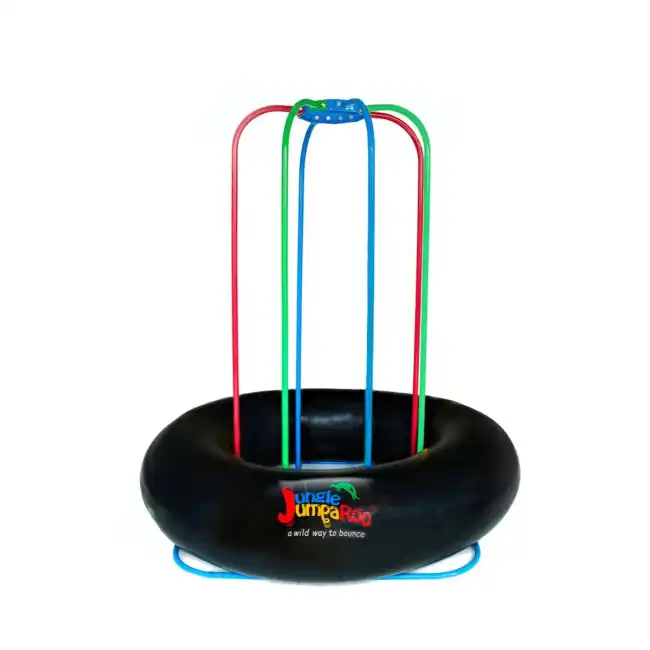
How It Went
The company’s position before Shark Tank
In its 12-month journey, Jungle Jumparoo has exhibited a promising trajectory, indicating a healthy position within the market. Founded by Rachel and Steve McMurtrey, the company stands as a testament to their dedication, with a substantial personal investment of $144,000 and a $70,000 salary each. This financial commitment underscores their belief in the product and its potential to make a significant impact. The primary sales channel for Jungle Jumparoo has been through a strategic partnership with Sam’s Club. The company engaged in a successful roadshow with Sam’s Club, selling 60 units during a three-week period. This collaboration resulted in a potential purchase order of 11,000 units, amounting to a substantial $1.3 million.
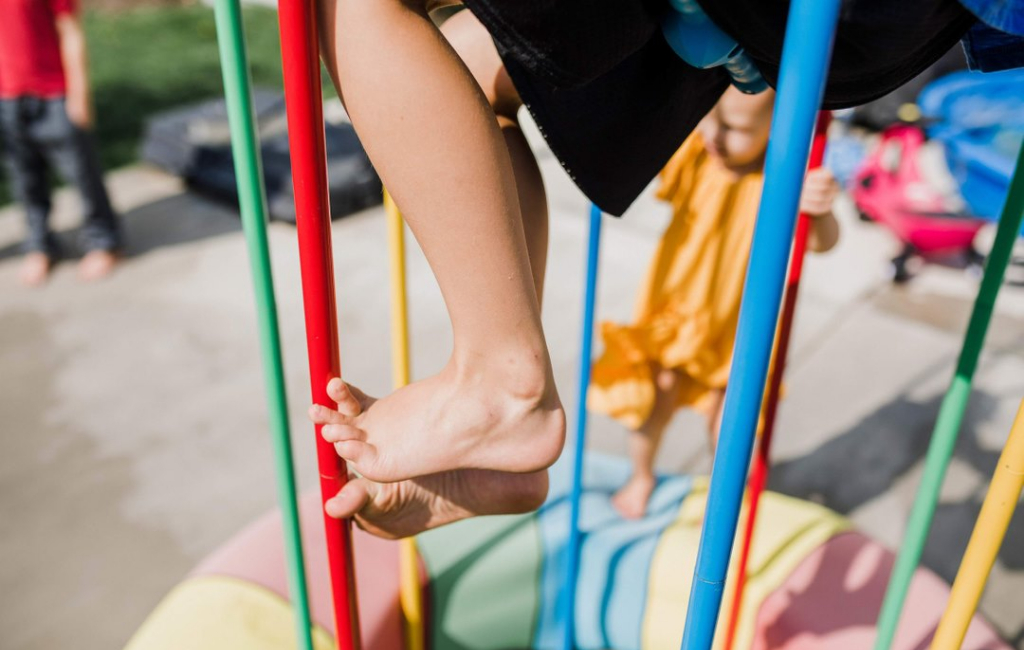
However, the company has also explored online sales through its website, showcasing an agile approach to diversifying distribution channels. As for funding, Jungle Jumparoo has relied heavily on personal investment, maintaining a debt-free status. This financial prudence aligns with their commitment to organic growth. The founders’ decision to invest their own capital speaks to their confidence in the product’s market potential. The company’s ability to sell 1,200 units within the first year indicates a positive reception in the market. The absence of injury claims from users further underscores the safety and reliability of the product. Regarding company structure, Jungle Jumparoo is currently a self-contained, home-based business.
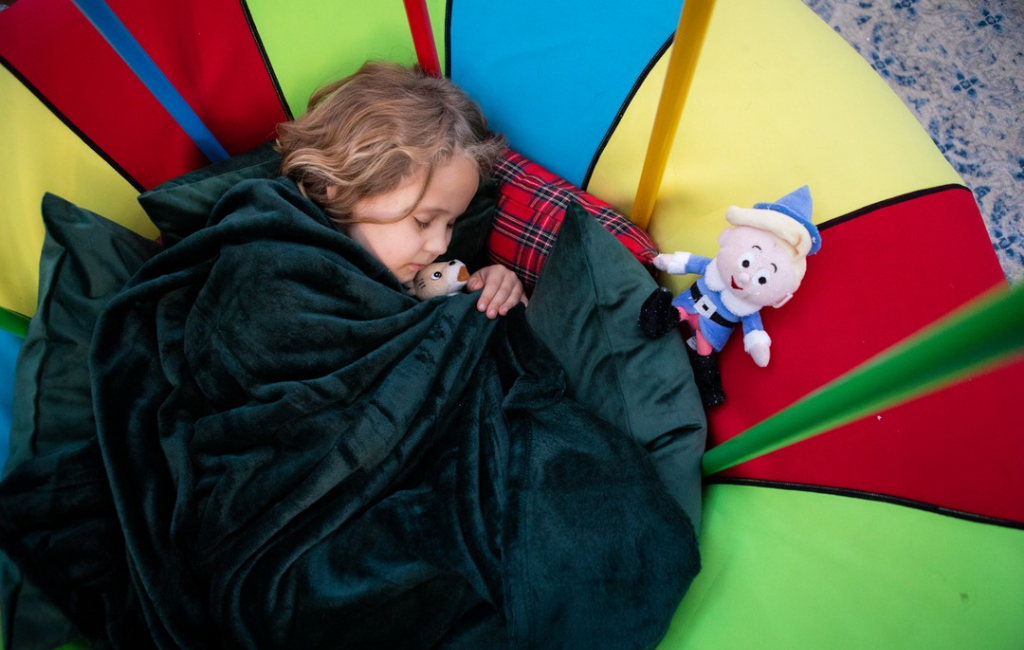
Rachel and Steve, as the primary stakeholders, oversee the day-to-day operations. The company’s structure reflects its entrepreneurial roots, with a dedicated focus on product development, manufacturing, and sales. In conclusion, Jungle Jumparoo appears to be in a solid position, having demonstrated substantial growth in a relatively short period. The successful partnership with Sam’s Club and the potential for a significant purchase order signal a positive outlook for the company’s future expansion. The founders’ commitment to safety and their proactive approach to market challenges position Jungle Jumparoo as a noteworthy player in the children’s toy industry.
The Negotiations:
The negotiation for Jungle Jumparoo on Shark Tank showcased a mix of enthusiasm, concerns, and ultimately, a lack of consensus among the Sharks. The pitch started with Rachel and Steve McMurtrey seeking a $100,000 investment for a 20% equity stake in their company. The Sharks’ primary concern revolved around the safety of the product, with Kevin O’Leary expressing skepticism about potential injuries. Despite Jungle Jumparoo’s claim of no reported injuries in 30 years, O’Leary remained unconvinced, highlighting the risk associated with any product aimed at children.
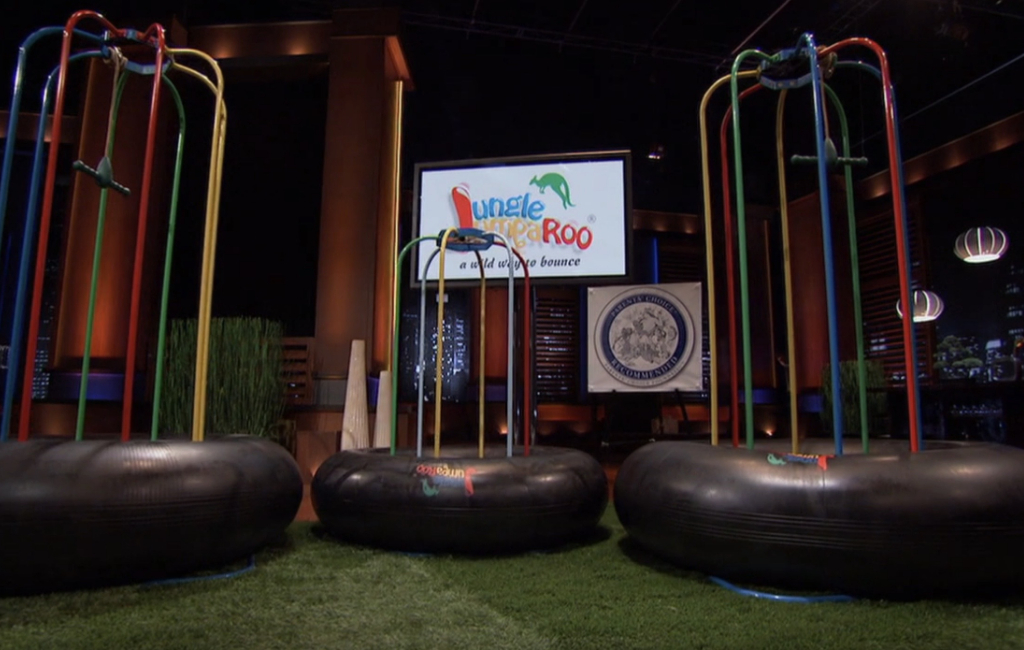
Mark Cuban, Robert Herjavec, and O’Leary all opted out, citing various concerns such as the product’s appeal, scalability, and potential market dominance. Lori Greiner, on the other hand, acknowledged the product’s appeal but raised financial concerns, particularly the challenge of demonstrating the product in 100 stores. She commended the founders’ dedication but ultimately declined due to the financial hurdles. The negotiation ended without a deal secured. While the founders showcased impressive sales figures and a potential $1.3 million order from Sam’s Club, the Sharks were not fully convinced about the scalability and market penetration of the Jungle Jumparoo.
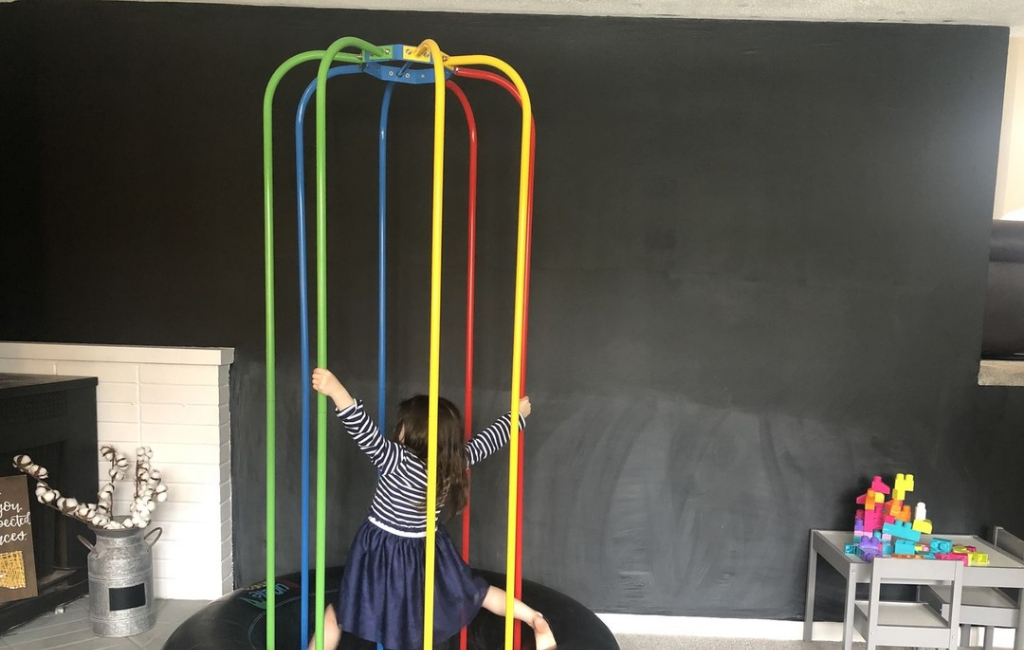
The concerns about the display space required in retail stores, coupled with the need for in-store demonstrations, posed challenges that the Sharks deemed too significant to overcome. Despite the lack of a deal, Rachel and Steve McMurtrey remained optimistic and determined to pursue their vision for Jungle Jumparoo’s success. The negotiation highlighted the importance of addressing safety concerns and finding effective strategies for scaling a product with unique display requirements in the highly competitive retail landscape.






